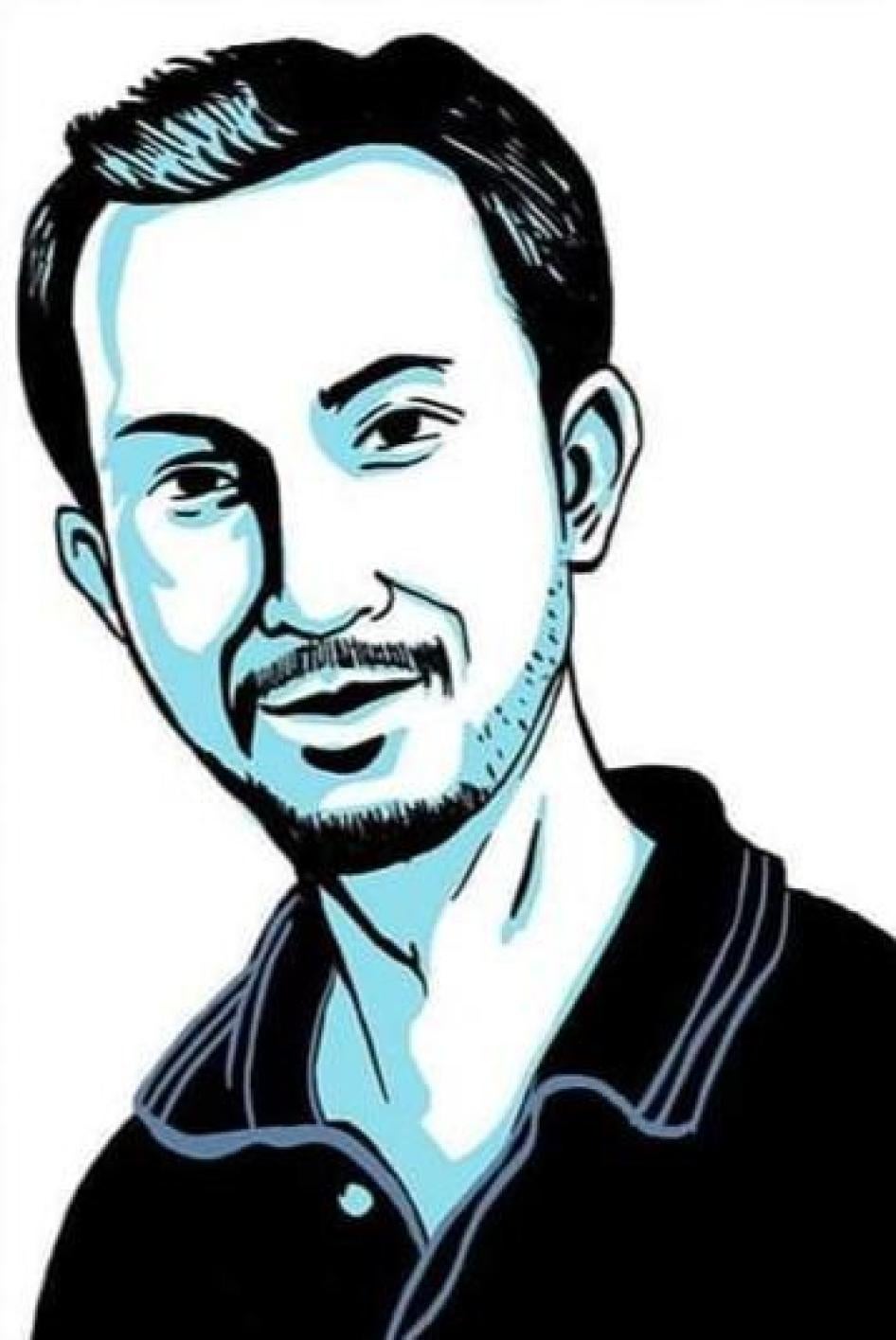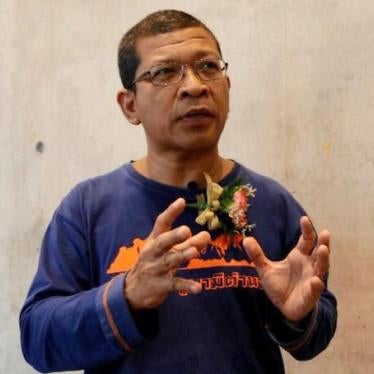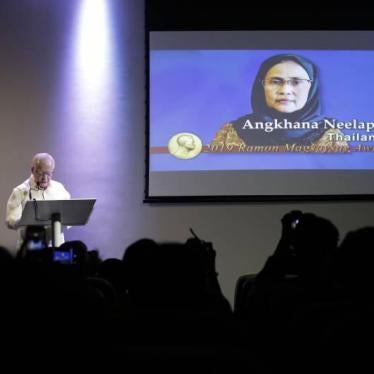(New York) – Thai authorities should immediately conduct an independent and credible investigation into the death of a suspected insurgent after being interrogated in military custody. Abdulloh Esormusor, 34, died on August 25, 2019, after more than a month-long coma.
“The death of Abdulloh Esormusor is an important test case for the Thai government on whether it is willing to address rights violations in military detention,” said Brad Adams, Asia director at Human Rights Watch. “Thai leaders need to demonstrate that they are serious about conducting an independent investigation and prosecute any wrongdoing or risk complicity for yet another unlawful conduct of soldiers.”
On July 20 at about 4 p.m., the military apprehended Abdulloh at his home in Pattani province. He was detained without charge at the 43th Taharn Pran Task Force interrogation center located inside the Ingkayutthaboriharn military camp.
The Internal Security Operations Command (ISOC) Region 4 reported that soldiers interrogated Abdulloh until 9 p.m. ISOC stated that at approximately 3 a.m. the following morning, guards found Abdulloh lying unconscious on the floor in the toilet inside his holding cell. Soldiers brought him to Pattani General Hospital, and transferred him to the better-equipped Songklanagarind Hospital in neighboring Songkhla province the next day. Initial medical reports from Pattani General Hospital stated that Abdulloh was in a coma due to severe brain swelling, which could have been caused by a lack of oxygen to the brain.
Human rights groups, religious leaders, and politicians both in the southern border provinces and Bangkok have harshly criticized the military’s treatment of Abdulloh. On July 22, ISOC Region 4 established a commission of inquiry and promised that soldiers would be subject to heavy disciplinary and criminal punishments if they committed abuses.
There has been little progress in the investigation, Human Rights Watch said. The military-dominated inquiry has been unable to provide even basic information about Abdulloh’s treatment at the interrogation center, the cause of oxygen deprivation, and the methods that soldiers used to interrogate him. Moreover, ISOC Region 4 claimed that all security cameras installed at the detention facility were not online at the time and could not provide video recordings or any other evidence for the inquiry.
On July 25, Prime Minister Gen. Prayut Chan-ocha, responding to questions from members of parliament, summarily dismissed allegations that Abdulloh was tortured in military custody, raising concerns of a possible cover-up. “You said he was tortured. He was examined by doctors and they did not find anything. He just fainted. He fainted after he was arrested. Do you watch movies too much?” Prayut said.
During the armed conflict in Thailand’s southern border provinces over the past 15 years, not a single soldier or other security personnel has been prosecuted for unlawfully detaining, torturing, or extrajudicially killing suspected insurgents, Human Rights Watch noted.
Torture has long been a problem in Thailand. Human Rights Watch has repeatedly raised its concerns with Thai authorities that detainees in security-related cases in the southern border provinces are extremely vulnerable to torture and other ill-treatment in military detention. The military routinely uses a combination of the Martial Law Act and the Emergency Decree on Public Administration in a State of Emergency to put insurgent suspects in detention and interrogation for up to 37 days without charge. There is no effective judicial oversight or effective safeguards against abuse. Authorities also fail to provide those detained with access to a lawyer.
To meet Thailand’s obligations under the Convention against Torture and Other Cruel, Inhuman or Degrading Treatment or Punishment, which Thailand ratified in 2007, the government should immediately ensure the safety of all detainees; provide urgent medical care to those injured during arrest or in custody; allow timely access to legal counsel and family members; and fully and impartially investigate and appropriately prosecute allegations of torture and ill-treatment, Human Rights Watch said. The Thai government should also fulfill its pledges to criminalize torture under Thai law.
“The Thai government has repeatedly pledged to get serious about tackling torture, but it repeatedly fails to do anything about it,” Adams said. “Thailand’s donors and friends should press the Prayut government to adopt the laws and measures needed to put an end to this egregious problem.”








